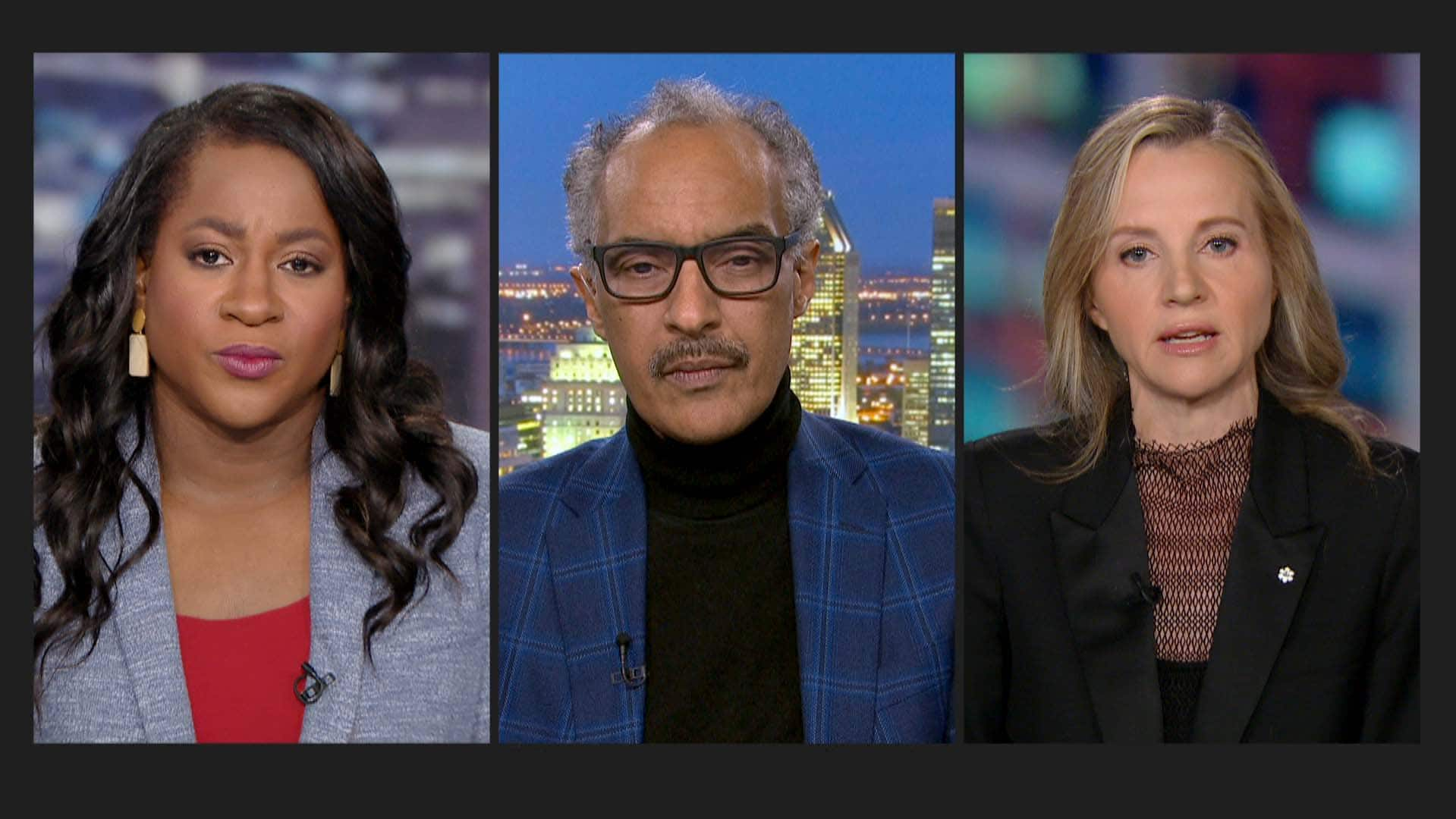The sounds of airstrikes, anti-aircraft weaponry and artillery could be heard in Khartoum early on Saturday and dark smoke rose over parts of the city, as fighting in Sudan entered a third week.
Fighting between the army and a rival paramilitary force continued despite the announcement of a 72-hour ceasefire extension on Friday, when strikes by air, tanks and artillery rocked Khartoum and the adjacent cities of Bahri and Ombdurman.
Hundreds have been killed and tens of thousands have fled for their lives in a power struggle between the army and the paramilitary Rapid Support Forces (RSF) that erupted into violence on April 15, derailing an internationally backed transition toward democratic elections.
The fighting has also reawakened a two-decade-old conflict in the western Darfur region where scores have died this week.

In Darfur, at least 96 people had died since Monday in inter-communal violence rekindled by the army-RSF conflict, UN human rights office spokesperson Ravina Shamdasani said.
Residents pinned down by urban warfare
The army has been deploying jets or drones on RSF forces in neighbourhoods across the capital. Many residents are pinned down by urban warfare with scant food, fuel, water and power.
At least 512 people have been killed and close to 4,200 wounded, according to the United Nations, which believes the real toll is much higher.
More than 75,000 people were internally displaced within Sudan just in the first week of the fighting, according to the United Nations. Only 16 per cent of hospitals were operating as normal in the capital.
WATCH | Breaking down how outside forces are fuelling Sudan conflict:
Sudan’s capital has turned into a war zone as two rival factions battle for control, but other countries are also playing a role. McGill Associate Professor Khalid Medani and War Child Canada President Samantha Nutt break down how outside forces are also helping fuel the fight.
The latest ceasefire, brokered by foreign powers, is supposed to last until Sunday at midnight.
The RSF accused the army of violating it with airstrikes on its bases in Omdurman, Khartoum’s sister city at the confluence of the Blue and White Nile rivers, and Mount Awliya.
The army blamed the RSF for violations.
Tens of thousands of refugees
The violence has sent tens of thousands of refugees across Sudan’s borders and threatens to stir instability across a swath of Africa between the Sahel and the Red Sea.
Foreign governments have evacuated diplomats and citizens to safety over the past week, including with airlifts. Britain said its evacuations would end on Saturday as demand for spots on planes had declined.
The U.S. said several hundred Americans had departed Sudan by land, sea or air. A convoy of buses carrying 300 Americans left Khartoum late on Friday on a 850-kilometre trip to the Red Sea in the first U.S.-organized evacuation effort for citizens, the New York Times reported.
A reported 230 Indian citizens were safely flown out of the country to New Delhi on Saturday.
Iran’s foreign ministry said on Saturday 65 Iranian citizens had left from Port Sudan, through Jeddah, to Iran.
Two more Canadian planes left Khartoum on Friday, airlifting some of the 1,700 Canadians who were living in Sudan, following Canada’s first airlift on Thursday.
Signs of a ceasefire in Sudan are scarce as the two warring factions have returned to fighting that has temporarily derailed rescue attempts for Canadians still trapped in the country.







More Stories
Fair share: the right office solution can take finding the right partner
Ontario faces crew shortages, aircraft issues in fight against wildfires | Globalnews.ca
Refugee attends open house at Downtown Eastside affordable housing facility – BC | Globalnews.ca